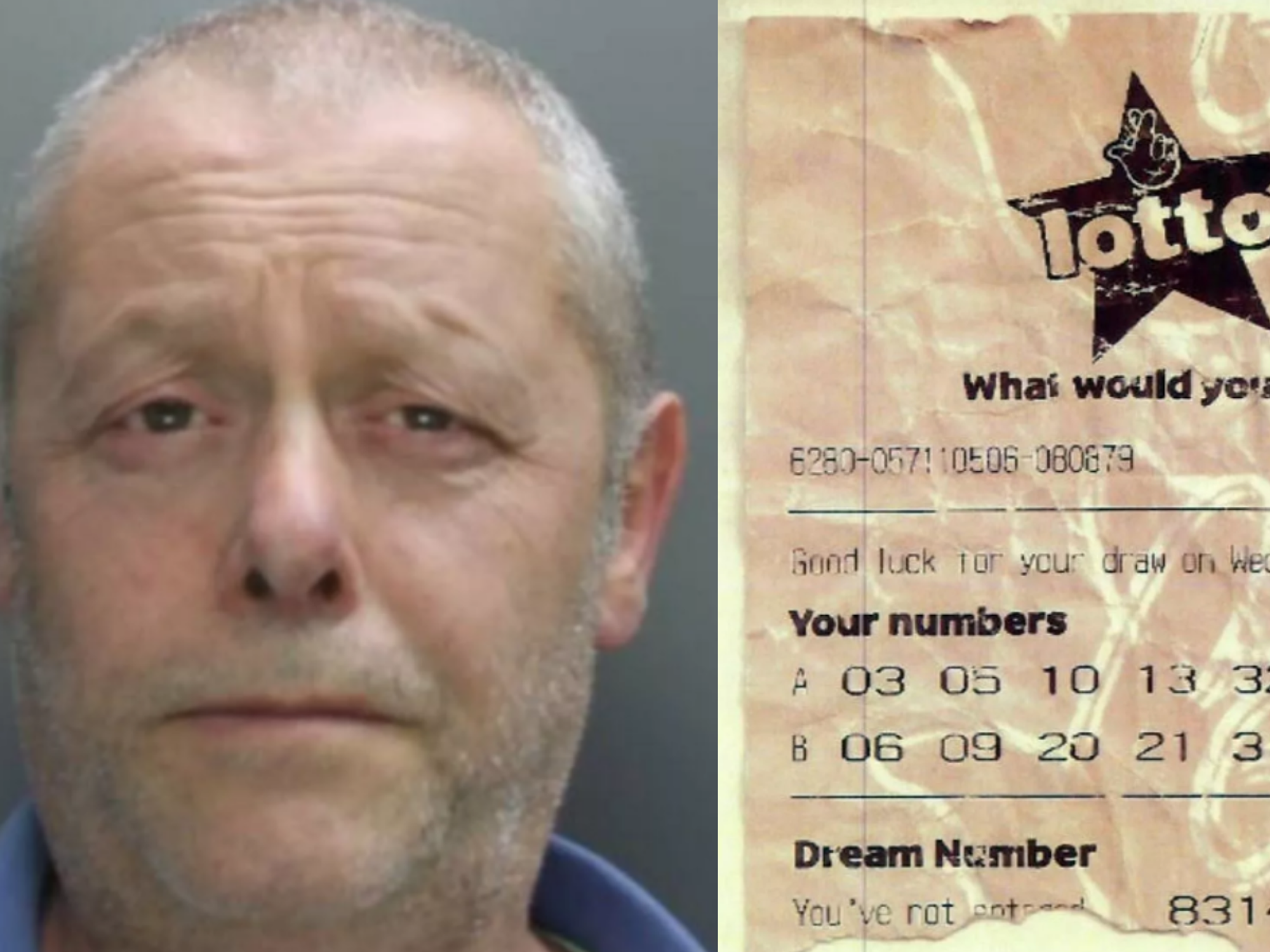Man who was told to read classics after terror conviction jailed by appeal court

Ben John, described by police as a white supremacist with a neo-Nazi ideology, was given a two-year suspended term at Leicester Crown Court last August.
Don't Miss
Most Read
Latest
An ex-student who was given a suspended prison sentence and told to read classic literature after being convicted of a terrorism offence has been jailed by the Court of Appeal.
Ben John, described by police as a white supremacist with a neo-Nazi ideology, was given a two-year suspended term at Leicester Crown Court last August.
The 22-year-old was found guilty of possessing a record likely to be useful to a person committing or preparing an act of terrorism after he was found with a copy of the Anarchist’s Cookbook.
Police also found extreme far-right material including videos praising Adolf Hitler, white supremacist songs and a National Action poster.
The Attorney General’s Office (AGO) referred his sentence to the Court of Appeal under the unduly lenient sentencing scheme.
John, of Addison Drive, Lincoln, appeared by videolink in a dark shirt for part of Wednesday’s hearing at the Royal Courts of Justice.
The Court of Appeal was told the sentencing judge suspended John’s prison sentence after the ex-student promised to stop his interest in far-right ideologies.
The court heard John had been “liking” Nazi-themed content “just five days after promising the judge he had put it behind him”, Solicitor General Alex Chalk QC said.
Mr Chalk argued that, while the sentence was intended to allow for “potent control” over John’s rehabilitation, this idea in the circumstances was “manifestly false”.
During his sentencing, John was invited by a judge to read famous works, including Pride And Prejudice and A Tale Of Two Cities, as he was given a five-year serious crime prevention order and the suspended sentence with an extra year on licence.
Richard Wormald QC, for John, argued the Anarchist’s Cookbook was a “counter-culture publication” that he had downloaded in his early teens but had not accessed since.
He also said it was part of John’s “library” which also contained Marxist literature and books on gardening and baking.
After a two and a half-hour hearing on Wednesday morning, three senior judges quashed his original sentence and replaced it with a sentence of two years in prison and a third year on licence.
Lord Justice Holroyde, sitting with Mr Justice Lavender and Sir Nigel Davis, said certain offences require a mandatory year on licence.
However, a combined suspended sentence and licence cannot be longer than two years, meaning John’s sentence was unlawful.
Lord Justice Holroyde said: “A suspended sentence will only be lawful if the applicable custodial term does not exceed 12 months.
“The judge had no power to impose a suspended sentence as he did.”
The senior judges found that while the original length of the sentence was “very lenient”, it was not unduly so, and the sentence was only quashed due to the legal issue.
Lord Justice Holroyde continued: “In those circumstances and notwithstanding the judge’s understandable aim… we are satisfied that there must be a sentence of immediate imprisonment.”
John will now have to surrender himself to a police station before 4pm on Thursday, the judges ruled.
Addressing him after giving their decision, Lord Justice Holroyde said: “You will have to serve at least two-thirds of the two-year period.”
After the ruling, Mr Chalk said: “The Government is committed to confronting terrorism in all its forms, including from the extreme right wing.
“We remain focused on disrupting the activities of the most dangerous extremists, supporting those who stand up to their hateful rhetoric, and protecting vulnerable people being drawn into terrorism.
“I referred Ben John’s sentence to the Court of Appeal, and chose to personally present it, because I believed it to be unduly lenient. I am pleased that the Court of Appeal agreed and chose to increase his sentence today.”
Antifascist campaign group Hope not hate welcomed John’s new sentence.
The group’s CEO Nick Lowles said: “The far-right represents the fastest growing threat of violence in Britain today.
“The priority must be a focus on countering radicalisation, especially online, and making it harder for far-right activists to organise and recruit. At the same time tracking, detecting and catching activists planning for violence is a vital part of the authorities’ response.
“But it’s worth noting that ultimately, the main deterrent to most offenders comes in the social cost associated with being caught and convicted.”











